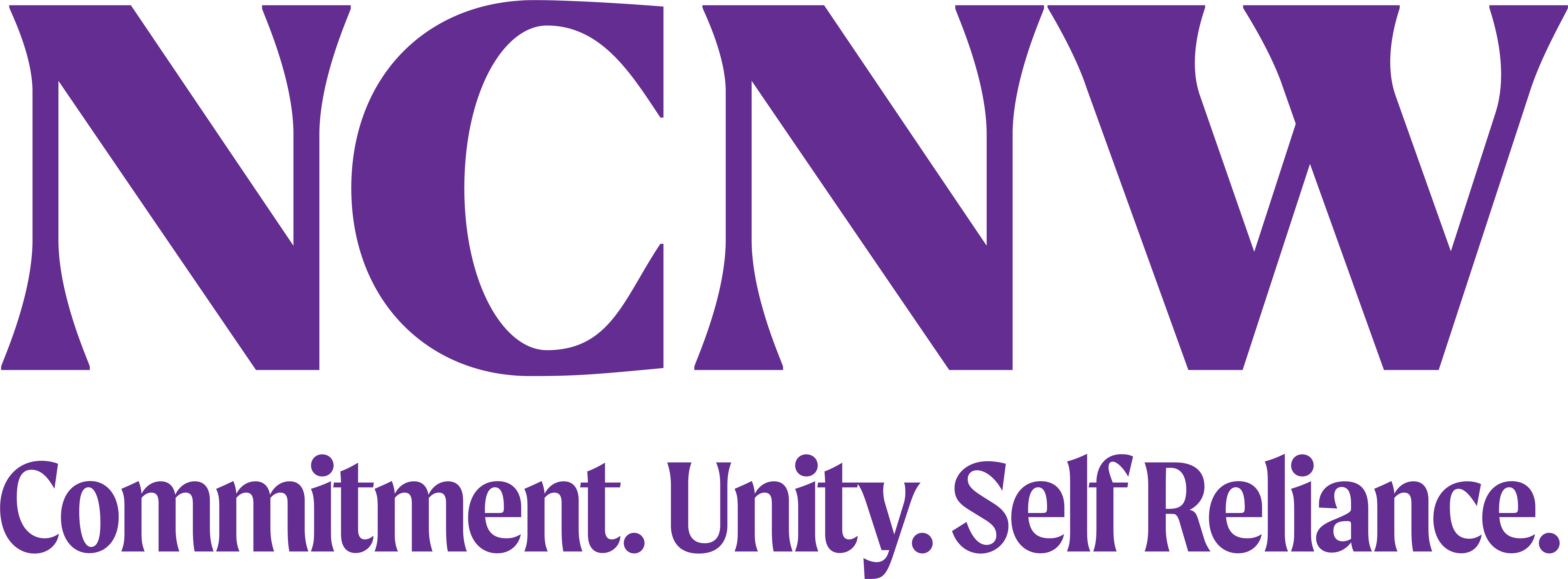AI for Mental Health: Bridging the Gap for African American Women in Ohio
AI for Mental Health: Bridging the Gap for African American Women in Ohio
Introduction
Greetings to all members and supporters of the National Council of Negro Women, Inc., Columbus Section (NCNWCSO). As we observe Mental Health Month, it is crucial to spotlight the unique mental health challenges faced by African American women of child-bearing age in Ohio and explore innovative solutions, particularly through the use of AI tools, to bridge the gap in mental health care.
The Mental Health Crisis Among African American Women in Ohio
Higher Rates of Mental Health Disorders
African American women are more likely to experience higher rates of depression, anxiety, and PTSD compared to their white counterparts. According to a study by the Ohio Department of Health, Black women in Ohio report a higher prevalence of depressive symptoms during pregnancy, at a rate of 15.7% compared to 11.5% for white women.
Access to Care
Maternal Mental Health
The Promise of AI in Bridging the Mental Health Gap
1. Telehealth and AI-Powered Therapy
A. AI-powered mental health apps and telehealth platforms can provide 24/7 access to mental health resources, including counseling and therapy. These platforms can offer culturally tailored content, ensuring that African American women receive relevant and relatable support.
B. For instance, AI chatbots like Woebot and Wysa use natural language processing to engage users in conversations about their mental health, offering immediate support and coping strategies.
2. Predictive Analytics
A. AI can analyze vast amounts of data to identify patterns and predict mental health crises before they occur. By integrating data from electronic health records, social determinants of health, and wearable devices, AI can help healthcare providers proactively address mental health issues.
B. This predictive capability is crucial for African American women, who may experience acute mental health stressors during pregnancy and postpartum periods.
3. Personalized Treatment Plans
AI algorithms can analyze individual patient data to create personalized treatment plans, ensuring that African American women receive care tailored to their unique needs. This approach can improve treatment outcomes and increase engagement in mental health care.
Personalization includes recommendations for culturally relevant therapy approaches, support groups, and community resources that resonate with African American women’s experiences.
4. Cultural Competency Training
AI can be used to develop training modules for healthcare providers, enhancing their cultural competency in treating African American women. These training programs can simulate patient interactions, providing feedback and improving provider-patient communication.
Enhanced cultural competency can lead to better patient trust and adherence to treatment plans, ultimately reducing mental health disparities.
Moving Forward
As members of the NCNWCSO, we have a responsibility to advocate for and support initiatives that harness AI to improve mental health outcomes for African American/Black women. By raising awareness, promoting the use of AI tools, and ensuring our communities have access to these resources, we can make significant strides in bridging the mental health gap.
In conclusion, let us commit to leveraging the power of AI to address the unique mental health needs of African American/Black women of child-bearing age in Ohio. Together, we can create a future where mental health care is equitable, accessible, and effective for all.
With determination and hope,
Egondu Onyejekwe
Director, National Council of Negro Women, Inc., Columbus Section (NCNWCSO)

